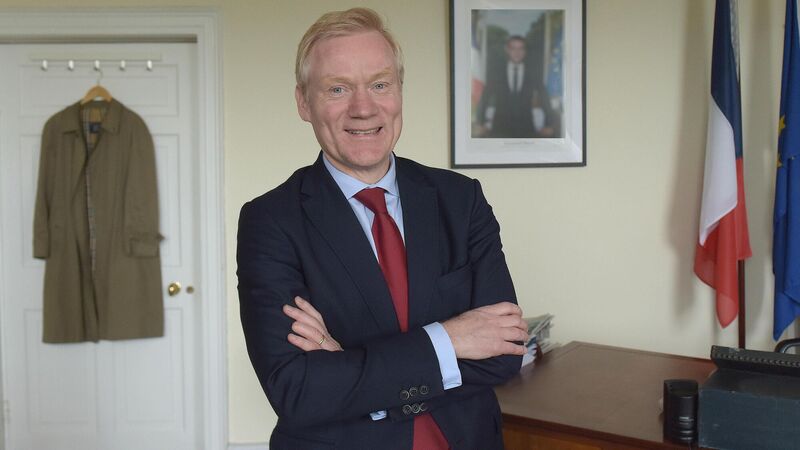Ireland must 'pull its weight' on increasing defence, says French Ambassador

Vincent Guérend said countries including Sweden, Finland, and Denmark have changed stance on Nato. Picture: Moya Nolan
Ireland must join other EU countries to "pull its weight" when it comes to increasing defence capabilities, the French Ambassador to Ireland has said.
Welcoming a new national consultative forum that is being set up to discuss Ireland's international security policy, Vincent Guérend said the world has evolved since the outbreak of the
war in Ukraine.














